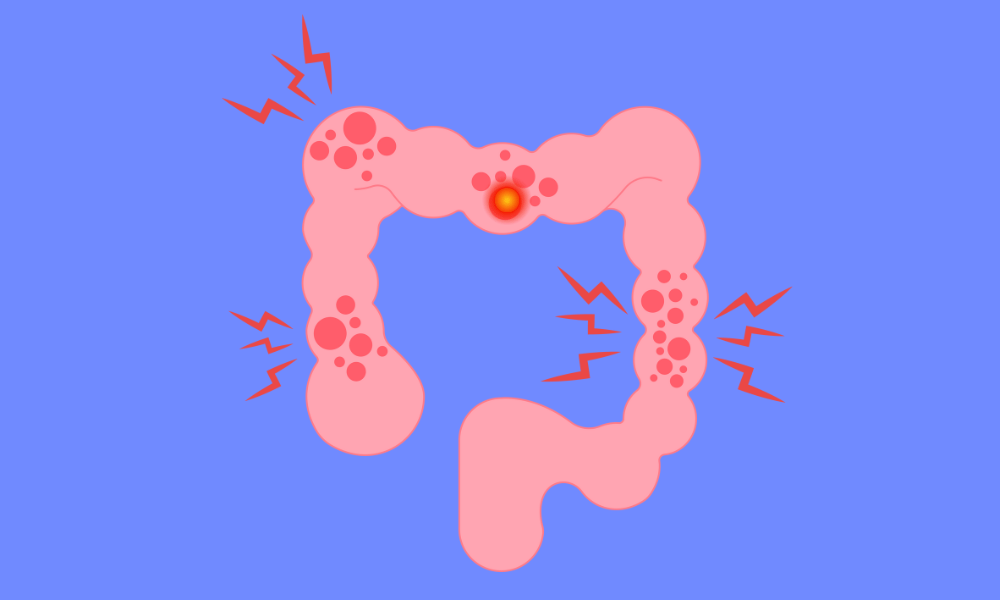Colon Cancer Treatment in Bangalore
Colon cancer, also known as colorectal cancer, is a type of cancer that affects the colon or rectum, which are parts of the large intestine. It usually starts as small growths called polyps, which can become cancerous over time. Colon cancer is one of the most common cancers worldwide, but it can often be treated successfully, especially when detected early.
What is Colon Cancer?
Colon cancer, also known as colorectal cancer, is a type of cancer that affects the colon or rectum. The colon is the large intestine, and the rectum is the end of the colon that connects to the anus. Colon cancer usually begins as small, noncancerous clumps of cells called polyps that can develop into cancer over time. It is one of the most prevalent forms of cancer globally and can impact both men and women.
Early detection is crucial for effective colon cancer treatment. Regular screenings, such as colonoscopies, can help identify and remove polyps before they become cancerous. If colon cancer is detected, various treatment options are available, including surgery to remove the tumor, radiation therapy, and chemotherapy. The choice of treatment will depend on the stage and severity of the cancer.

Symptoms
In its early stages, colon cancer may not cause noticeable symptoms. However, as the cancer advances, some common symptoms may include:
- Changes in bowel habits, such as diarrhea, constipation, or a change in stool consistency.
- Persistent abdominal discomfort, cramps, or gas.
- Rectal bleeding or blood in the stool.
- Unexplained weight loss and fatigue.
- Feeling that the bowel does not empty completely.
- Iron deficiency anemia.
It’s important to note that these symptoms can also be caused by other conditions, but if you experience any of these symptoms, it is crucial to consult a healthcare professional for further evaluation.
Causes
The exact causes of colon cancer are not fully understood, but several risk factors may increase the chances of developing the disease. Some common risk factors include:
Age: The risk of colon cancer increases with age, especially after 50.
Family history: Having a family history of colon cancer or polyps can elevate the risk.
Personal history of polyps: Individuals who have previously had polyps are at higher risk of developing colon cancer.
Inflammatory bowel disease (IBD): Conditions such as ulcerative colitis and Crohn’s disease may increase the risk.
Lifestyle factors: A diet high in red and processed meats, lack of physical activity, smoking, and excessive alcohol consumption may contribute to the risk of colon cancer.
Stages
Colon cancer is staged based on the size of the tumor and the extent of its spread. The stages range from 0 to IV, with stage 0 indicating cancer that is confined to the inner lining of the colon, and stage IV indicating advanced cancer that has spread to other organs.
Diagnosis
Detecting colon cancer early is crucial for successful treatment. Common methods of diagnosis include:
Colonoscopy: A thin, flexible tube with a camera is used to examine the colon and rectum, and any polyps or abnormal tissue can be removed for further testing.
Biopsy: A small tissue sample is taken from the colon or rectum and examined under a microscope to confirm the presence of cancer cells.
Treatment for Colon Cancer
The treatment for colon cancer depends on the stage and extent of the cancer. It may include one or a combination of the following:
Surgery: Surgical removal of the tumor and affected parts of the colon or rectum may be necessary.
Chemotherapy: Drugs are used to kill cancer cells or stop their growth.
Radiation therapy: High-energy rays are directed at the cancerous tissue to destroy the cancer cells.
Consult the Best Oncologist in Bangalore
Schedule your appointment with Dr. Bharath G Minimally Invasive Robotic & Surgical Oncologist.
